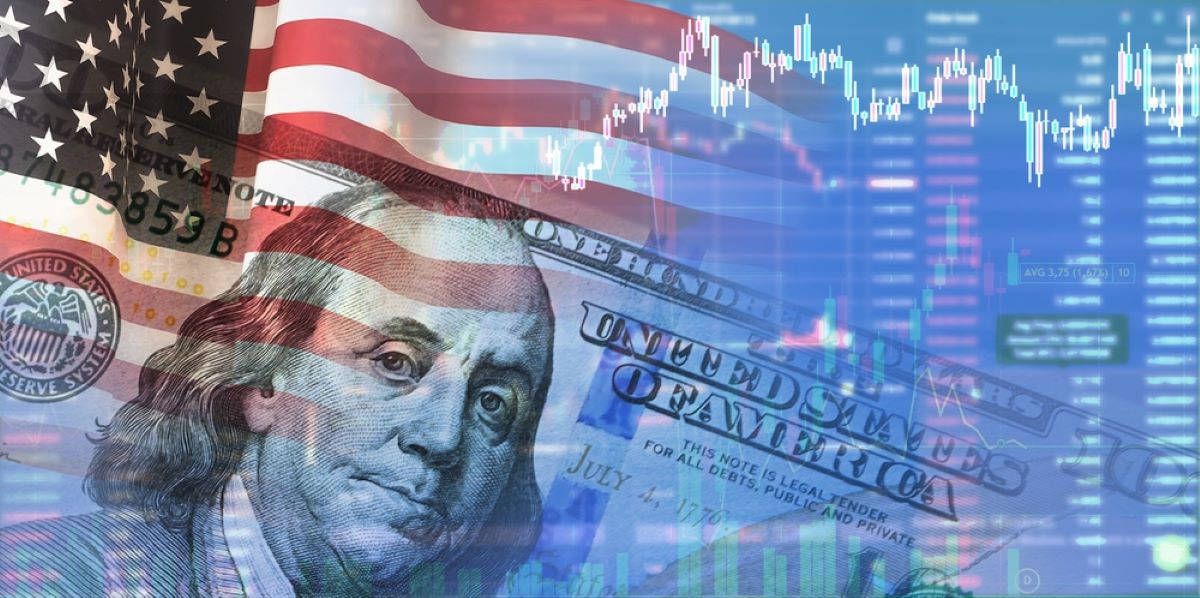What is troubling U.S. financial markets? US government stocks and bonds are heading for their worst monthly performance of the year.
The benchmark 10-year Treasury yield rose on Wednesday evening, reaching its highest level in more than 15 years.
The yield on two-year Treasury bonds rose 5 basis points to 4.612 percent, after rising to 4.566 percent on Tuesday, its highest level since 2007.
Wall Street’s benchmark S&P 500 index fell more than 5 percent in September — pushing it toward its first quarterly loss in 12 months.
Corporate debt markets have also been impacted, with investors concerned that heavily indebted companies may struggle to refinance their loans in the face of higher rates.
Read: Federal Reserve: Policymakers split over rate hike
This comes as the Federal Reserve (FED) proposed last week that interest rates would rise and remain elevated for longer periods, raising concerns among investors about what that could mean for the economy.
Traders in the futures market were betting at the beginning of the month that interest rates would be around 4.2 percent by the end of 2024. They are now anticipating rates at 4.8 percent.
Charles Schwab’s chief investment strategist Kevin Gordon said: “The market has consistently been wrong about the Fed’s policy this year… For much of the year, the market expectation was that it would be cutting aggressively this year.”
The Commerce Department said Wednesday that durable goods orders rose 0.2 percent in August, exceeding the 0.5 percent decline expected by economists surveyed by Dow Jones.
New home sales in August and the consumer confidence index in September were below estimates.
Higher oil prices have added to market concerns about persistent inflation and tight monetary policy.
Brent crude jumped about 3 percent on Wednesday to a 10-month high of more than $97 a barrel, as lower-than-expected U.S. inventories added to fears of global supply shortages.
The shift in the U.S. came as the FED reacts to strong economic data and a still-hot labor market, which contrasts with the eurozone and the United Kingdom, where fears of deflation — which would reduce pressure to keep interest rates high to control inflation — are greater.
Some investors predict that higher interest rates may eventually push the economy into a recession despite recent strong data.
Bank of America
Bank of America predicted that the U.S. economy will experience a “soft landing” next year rather than a recession.
Brian Moynihan, the bank’s chief executive, said: “Our economists say we’re not going to see a recession, which is different from what they were saying six months ago.”
Moynihan said stronger-than-expected consumer spending had caused the economy to perform better than anticipated.
Elsewhere, concerns persisted about a possible U.S. government shutdown, which could begin as early as Oct. 1 unless Congress approves a deal to fund the federal government before then.
Ratings agency Moody’s warned earlier this week that the shutdown could negatively affect the US credit rating, while Wells Fargo indicated it could send the US dollar index lower.
For more on the economy, click here.








